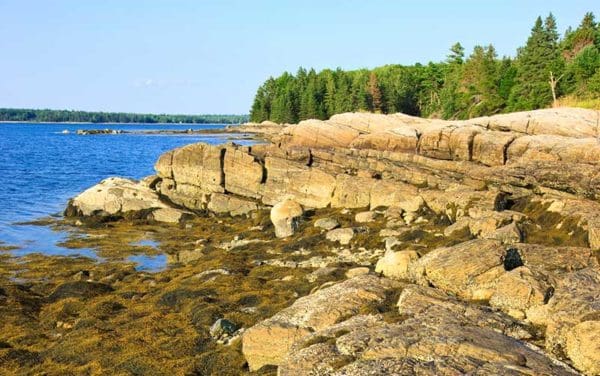Creating the Northeast Ocean Plan
The Northeast Ocean Plan will help ensure a healthy and thriving ocean.

The Northeast Ocean Plan will help ensure a healthy and thriving ocean.

At the most basic level, solar panels take light from the sun and turn it into electricity that you can use to power your stuff, from the small (your phone) to the large (your home or your business).
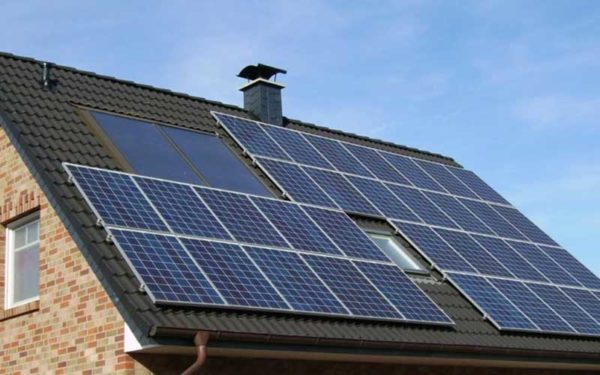
New England was recently blasted by an early winter storm. It was called a “bomb cyclone” and a “snow hurricane,” and for a while we all tried to huddle inside and stay warm. While temperatures have now risen back to a balmy 60 degrees, we know it won’t stay that way. So when the temperature… Continue reading How to Save Energy (and Money!) During a Cold Snap
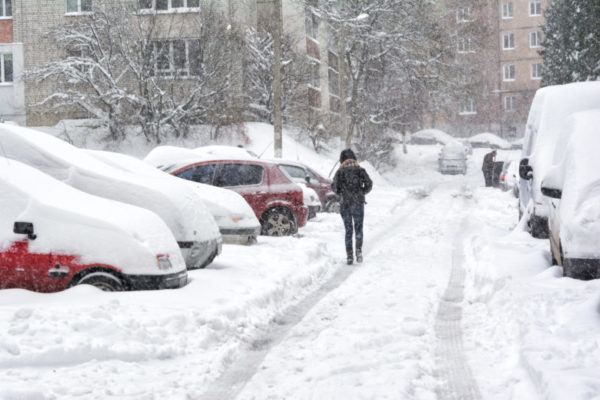
[Update: On Jan. 4, 2018, the Trump administration announced a new five-year plan that would open up most U.S. continental shelf waters, including protected areas of the Arctic and the Atlantic, to oil and gas drilling. CLF joined 63 other groups in opposing this plan. Read the full joint statement here.] Over the past year, we’ve… Continue reading Not on Our Watch: Protecting New England’s Ocean from Offshore Drilling
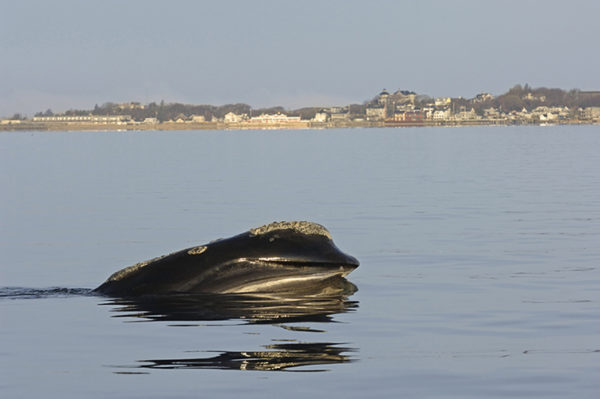
Lead poisoning threatens the most vulnerable members of our communities – our children – but it imposes tragically high costs on everyone.
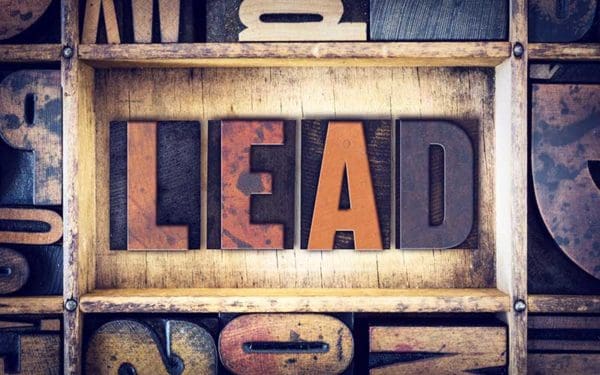
A country’s tax policy is about a lot more than expenses and revenues. It’s a value statement about who we are as a nation. And as both houses of Congress go through the process of reconciling their tax bills, the statement being made is disturbingly clear. This bill says we value dirty, outdated fossil fuels… Continue reading Congressional Tax Bill a Direct Attack on Environment and Economy

… “The takeaway is that the PUC is realizing that this kind of Frankenstein that they’ve created is a lot more difficult to implement than they would have thought, and raises a whole host of policy and fairness issues, never mind technical issues,” said Sean Mahoney, executive vice president of the Conservation Law Foundation. “But… Continue reading With court case looming, Maine regulators delay changes to solar power credit system
Maine’s rooftop solar installers won a four-month reprieve Tuesday when the Maine Public Utilities Commission voted to delay implementation of a rule on how people who install new systems next year will be compensated for electricity they feed into the grid. … Led by the Conservation Law Foundation, clean-energy advocates are challenging the PUC’s net-energy… Continue reading Solar advocates get reprieve from controversial rule in advance of lawsuit ruling
“This senseless rule jeopardizes the growth of clean, local solar energy in Maine,” said CLF Maine Director Sean Mahoney. “Today the PUC pulled back to avoid an inevitable catastrophe. But delaying implementation doesn’t fix the fact that this rule hurts businesses and families, hampers our energy independence, and harms one of the fastest growing sectors of Maine’s economy. We need to eliminate this disastrous policy, not just procrastinate its implementation.”
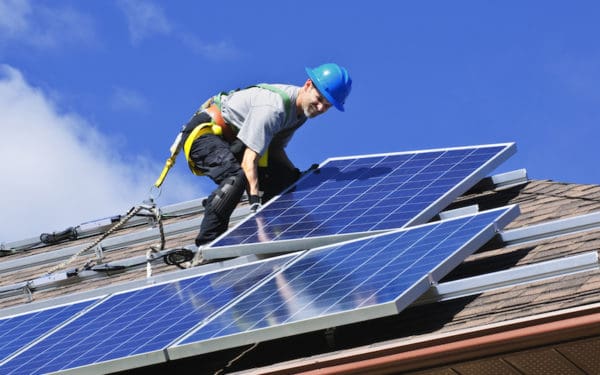
When you walk around the shores of Downeast Maine at low tide, you’re sure to see rockweed covering much of the coastline. This critical habitat for shellfish, seabirds, lobsters, and crabs is a vital piece of Maine’s ecosystem – but is it really a plant, or rather, is it a fish? This is the central… Continue reading A Fish or a Plant? Rockweed Identity the Central Question in Maine Court Case
